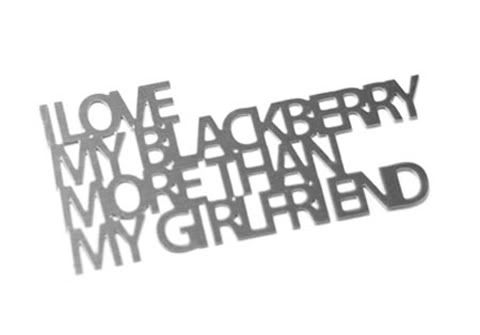In this short story, the narrator is a woman who's husband is very cruel to her and manages everything that she does. He does not allow her to do most anything. He locks the woman in a room, and in that room there is nothing other than the yellow wallpaper on the walls. As the story goes on, the woman seems to become more and more insane. She talks of the yellow wallpaper in ways that show her fascination with it. In the end of the story she imagines that there are other women like her crawling around in the wallpaper, and she even comes to the conclusion that she is one of them. At the end, she will not leave the room when she is supposed to leave.
This story shows how the women of this time period were treated. The husband believes that his wife is going through a sort of temporary depression, so he doesn't allow her to do anything. He puts her in this room and she even has to hide her journal from him. She descends into insanity, due to the lack of things to do or even think about. It shows that the men of this era were cruel to the woman and caused more harm than they did help.
Why would the husband think that things like not seeing her child would help her with her depression?



